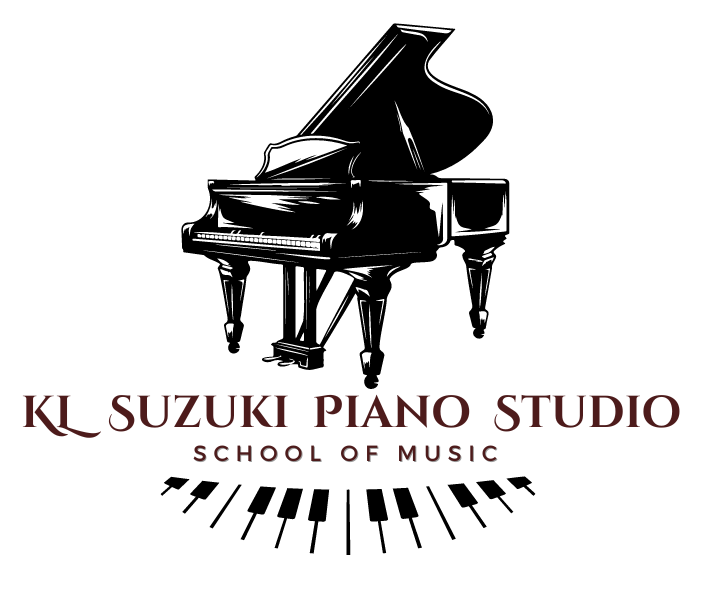Discovering the Suzuki Method: An Innovative Approach to Learning Music With Our Teachers in Alexander, NY
Parent Involvement
As when a child learns to talk, parents are involved in their child's musical learning. They attend lessons with the child and serve as “home teachers” during the week. One parent often learns to play before the child so that they understand what the child is expected to do. Parents work with the teacher to create an enjoyable learning environment. Parental involvement ensures their child attends every lesson and listens to music when they’re not playing and prioritizes practice.
Early Beginning
The early years are crucial for developing mental processes and muscle coordination. Listening to music should begin at birth; formal training may begin at age three or four, but there is always time to begin.
Listening
Children learn words after hearing them spoken hundreds of times by others. Listening to music every day is important, especially listening to pieces in the Suzuki repertoire so the child knows them immediately. Developing an ear for music helps young children learn early on how to play in tune and on key just by ear, which can significantly improve their playing efficiency.
Repetition
Constant repetition is essential in learning to play the piano. Children do not learn a word or piece of music and then discard it. They add it to their vocabulary or repertoire, gradually using it in new and more sophisticated ways. Repetition also contributes to memorization and muscle memory, allowing students to learn to play pieces proficiently without reading sheet music.
Encouragement
As with language, the child’s effort to learn the piano should be met with sincere praise and encouragement. Each child learns at their own rate, building on small steps so that each one can be mastered. Children are also encouraged to support each other’s efforts, fostering an attitude of generosity and cooperation.
A Mix of Group & Private Lessons
In addition to private lessons, children participate in regular group lessons and performances at which they learn from and are motivated by each other.
Repertoire
Children do not practice exercises to learn to talk but use language for its natural purpose of communication and self-expression. Pieces in the Suzuki repertoire are designed to present technical problems to be learned in the context of the music rather than through dry technical exercises.
Delayed Reading
Children learn to read after their ability to talk has been well established. In the same way, children should develop basic technical competence on the piano before being taught to read music.
Contact Information
Phone: (716) 581-0378
Email: katherinlong@yahoo.com
Address: Alexander New York 14005
Certified with the Suzuki Association of the Americas
Business Hours
- Mon - Fri
- -
- Saturday
- -
- Sunday
- Closed












